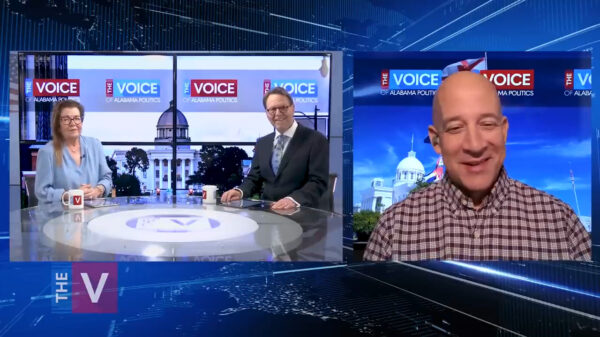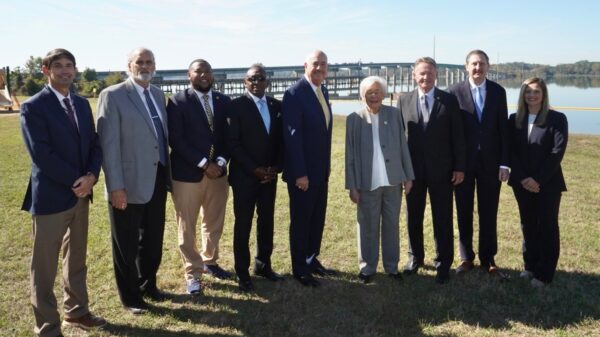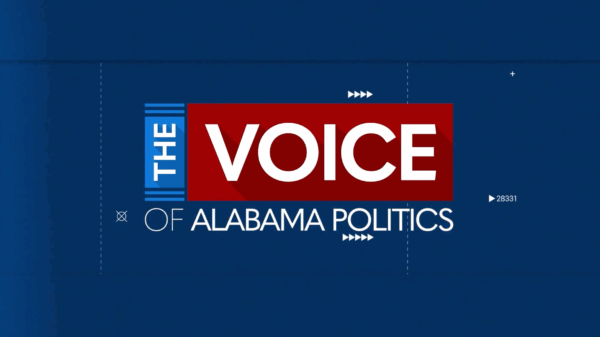By Bill Britt
Alabama Political Reporter
Conspiracies both great and small have staked the political landscape since the dawn of human reason. Conspiracy implies a secret agreement between two or more people usually involving some dark intentions.
Reason, in plain speech, is a cause, explanation or justification for an action. As the Oxford Dictionary explains, “The power of the mind to think, understand, and form judgments logically.” However, to assume that individuals exercise good judgement in all situations is as silly as subscribing a grand scheme to every collaborative effort.
And today, social media is the unsupervised playground where scandalmongers and conspiracy kooks gather like so many malevolent teenagers spoiling for a fight.
With the political world focused on Russia’s use of social media in the 2016 presidential election, Apple’s CEO, Tim Cook, says that foreign influence is a small percentage of the problems people have created on these power technology platforms.
“I don’t believe that the big issue are ads from foreign government. I believe that’s like .1 percent of the issue,” Cook told NBC Nightly News anchor Lester Holt. “The bigger issue is that some of these tools are used to divide people, to manipulate people, to get fake news to people in broad numbers, and so, to influence their thinking.” Which Cook concludes is a much greater worry.
Twitter and Facebook are now the front-line of political battle, whether its an election, a policy debate or to simply spread spurious lies about an individual. A war is waging for the hearts and minds of those tuned into social networks for news, especially anything that affirms what they already believe.
As Republican strategist Angi Horn Stalnaker recently shared with the Alabama Federation of Republican Women, “Fake news is not a story you do not like. It is not an op-ed you don’t like…Fake news is simply something that is not true.”
She likens “fake news,” to gossip, which is a staple of Alabama politics.
Montgomery’s chattering class is constantly engaged in a high stakes parlor game of connecting the dots based on rumors, whispers and other fragments of information. And more frequently these days, politicos are relying on social media platforms to spread personal theories of what’s happening and why.
Like in so much of life, information is a potent tool, and if used wisely, will give the user a marked advantage. However, small bits of knowledge fitted together in bizarre or deceptive fashions can be destructive. As the old saying goes, “A little knowledge is a dangerous thing.”
Perhaps derived from Alexander Pope’s poem in An Essay on Criticism, “A little learning is a dangerous thing; drink deep, or taste not the Pierian spring: there shallow draughts intoxicate the brain, and drinking largely sobers us again.” Caution is a watchword for those who drink daily from technology’s fountain, particularly when consuming news.
For years the Alabama Political Reporter was accused of publishing false reports by former speaker and convicted felon Mike Hubbard and his ilk. Even today, any story that doesn’t fit someone’s preconceived narrative is often labeled “fake news” or is discounted as “paid content.” APR doesn’t deal in dishonest or pay-to-publish journalism.
Generally in The Gump, a pursuit of money or power is thought to be the underlying cause of any given action. This desperately flawed thinking casts every deed under a dubious cloud of suspicion. And while personal gain or enrichment is not unusual, or even a reason not to do a thing, it is also foolish to think individuals act with only those two goals in mind. Most often, those who accuse others of only pursuing riches or influence are themselves guilty of that very motivation.
As Cook points out, we live in an era when a politics of division is being gamed-out on social media. The proliferation of so-called news sites backed by both Democrats, Republicans and even Russians is spurring further hateful and stilted discourse with an underlying message of “us against them.”
The internet is a boomtown of disinformation, fostering the most outrageous conspiracy theories with a goal of fermenting strife and division.
In the late 1990s, I was asked by a world-class businessman in New York City what I thought the internet would become. I replied it could be the greatest repository of knowledge since the fabled ancient Library of Alexandria or a place for porn and silly kittens to explode. I shared with him that it could become a place where learning would lead to service in the pursuit of democracy. But my bet was on porn and kittens.
In his 2000 fiction, “Killing Time,” Caleb Carr envisioned an internet that propagated magnificent hoaxes, audacious lies and mind-numbing conspiracies that led to an unstable world where sacred beliefs and long-held understanding would give way to deceptions that devastated the world financially, ecologically and morally. Under a banner “Mundus vult decipi,” a latin phase meaning “The world wants to be deceived,” Carr paints a planet in crisis in which, “It is the greatest truth of our age: Information is not knowledge.” While not a great novel, its message is proven prophetic by today’s social media scams.
What are we to make of what we are seeing and hearing on these social media outlets or the easy with which some are quickly deceived?
We, as a sociality, should pursue both knowledge and understanding, but perhaps even more so, we should seek wisdom to know truth from error.
Or perhaps, just stop and think before reposting.





















































